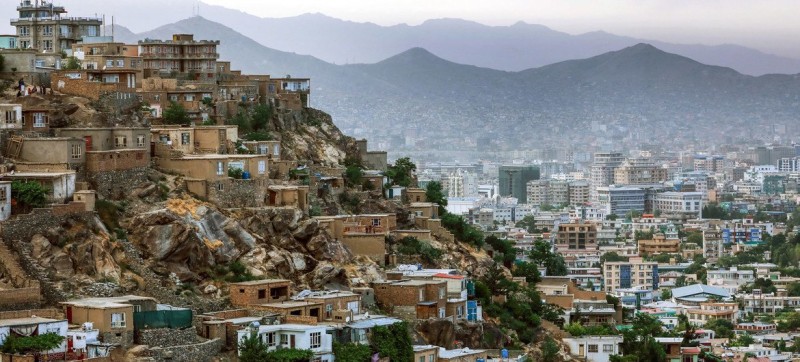
ADB/Jawad Jalali Kabul, the capital of Afghanistan, pictured in June 2020.
The urgent call from the ten Special Rapporteurs and members of the Working Group on discrimination against women and girls, came in response to an announcement by the Taliban-appointed Supreme Court in favour of punishments including stoning, flogging and burying people under a wall.
Tweet URL
Women most vulnerable
The de facto deputy chief of the court, announced on 4 May that they had sentenced 175 individuals to “retribution in kind” punishments, and 37 to be stoned. Dozens of others were condemned to “crimes against God” punishments such as lashing, said the press statement.
The experts, including the Special Rapporteur on Afghanistan Richard Bennett, noted that “women are more likely to be sentenced to death by stoning, due to deeply entrenched discrimination and stereotypes against them… held by the exclusively male judiciary”.
Cruel, inhuman, degrading
The said that stoning or being buried alive under a wall, constituted torture, or other cruel, inhuman or degrading treatment or punishment. “These cruel punishments are contrary to international law.”
According to a recent report by the UN Assistance Mission in the country, UNAMA, 274 men, 58 women and two boys have been publicly flogged and one judicially sanctioned execution has been carried out within the last six months alone.
Both the International Covenant on Civil and Political Rights and the Convention against Torture and Other Cruel, Inhuman or Degrading Treatment or Punishment, to which Afghanistan is a State party, prohibit torture and other cruel, inhuman or degrading punishment.
Discrimination outlawed
Afghanistan is also a State party to the Convention on the Elimination of All Forms of Discrimination Against Women, which outlaws discrimination against women as well as “prejudices and customary and all other practices which are based on the idea of the inferiority or the superiority of either of the sexes or on stereotyped roles for men and women.”
The experts expressed serious concerns about the fairness of trials preceding corporal punishment and death sentences.
“We urge the de facto authorities to immediately establish a moratorium on the death penalty and all forms of corporal punishment” including flogging and amputation, “each of which constitute torture or another form of cruel and inhuman punishment,” the experts said.
Special Rapporteurs and other UN Human Rights Council-appointed rights experts, work on a voluntary and unpaid basis, are not UN staff, and work independently from any government or organisation.

